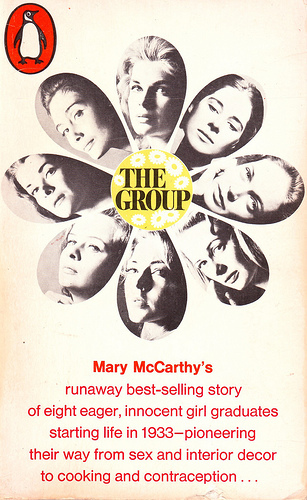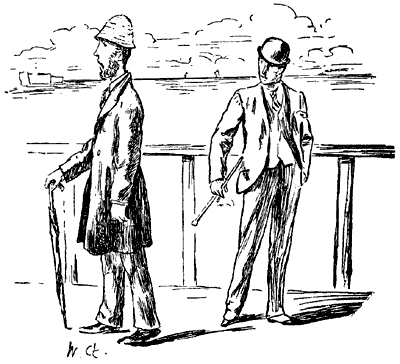Contemporary Experimental Poets
Much contemporary poetry gets written off as too “experimental”—perhaps because of how crazy the poems look on the page, because they’re full of fragmentary images and half-finished thoughts, because they’re slathered in irony, or because they take poetry itself as their subject. Yet many of the most off-the-wall poets are actually writing about the same things—parenthood, love, sex, the environment, and the joys of literature—as their more straightforward contemporaries but have chosen to describe experience using untraditional means. Here are a few great books that embrace the experimental












